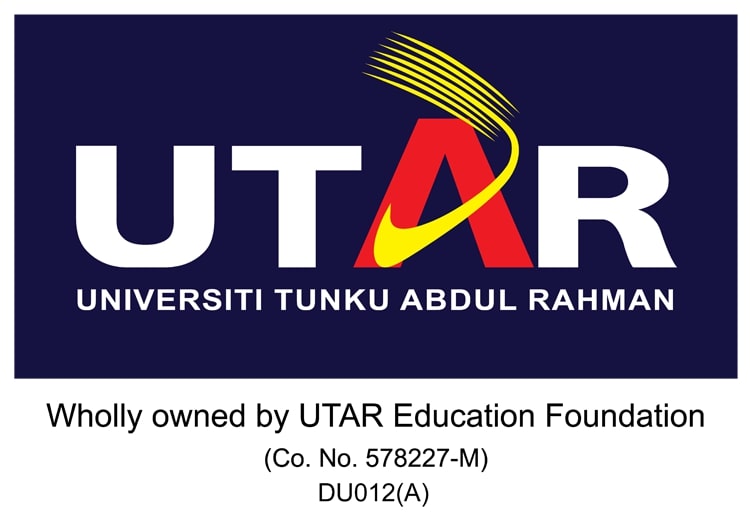Invited Speaker

Dr. Surbhi Sharma
P.G. Department of Physics, Kanya Maha Vidyalaya, IndiaSpeech Title: Optimizing Gamma Radiation Shielding in Pr3+ Doped Boro-Tellurite Glasses: A Study of Attenuation Properties and Performance
Abstract: A series of Pr3+ doped boro tellurite glass samples are synthesized using melt quenching technique and investigated for their potential in gamma ray shielding applications. The amorphous nature of prepared samples is confirmed through X-Ray diffraction technique. The shielding characteristics of prepared glass samples were assessed by determining various parameters, including the linear attenuation coefficient (LAC), half-value layer (HVL), mean free path (MFP), effective atomic number (Zeff), and mass attenuation coefficient (MAC) across the energy range of 15 keV to 15 MeV. The significant decrease in the linear attenuation coefficient (LAC) for all the prepared samples indicates their enhanced radiation attenuation capabilities. Furthermore, it was observed that LAC values are nearly consistent in the energy range from 60 keV<E<15 MeV, for all the prepared samples, demonstrating its independence from the atomic number of the sample. Additionally, HVL values decreases in the energy range from 8 MeV -15 MeV for all the prepared samples which underscores its exceptional efficacy in radiation shielding. This significant reduction in HVL indicates that the Pr3+-doped glass provides superior attenuation of gamma radiation, making it an excellent choice for applications where effective radiation protection is critical. A sharp peak at 40KeV is observed in Zeff graph showing the dominance of Te absorption edge. The higher values of Zeff at 0.6 MeV for all the prepared samples in this study are evident compared to those reported for lead borate, lead silicate, and lead phosphate in the literature. The current study highlights the effectiveness of the prepared samples as gamma radiation shielding materials.
Keywords: Boro-tellurite glasses, melt quenching technique, X-Ray diffraction technique, gamma radiation shielding.
Biography: Dr. Surbhi Sharma is working as Assistant Professor in the P.G. Department of Physics at Kanya Maha Vidyalaya, Jalandhar, Punjab, India. She earned her Ph.D. from I.K. Gujral Punjab Technical University, Kapurthala in 2017. Dr. Sharma's research focuses on advanced materials for optical and photonic applications, with notable work on alkali boro-tellurite glasses and chalcogenide glasses. Her groundbreaking research has led to multiple patents, including one granted in January 2024.
Dr. Sharma has contributed significantly to international publications, including journals like Physica Status Solidi and Applied Physics A. She has been recognized with several awards for her paper presentations at international conferences including at Beijing, China, Barcelona, Spain, Toronto, Canada and has delivered expert talks on innovation and creativity at various prestigious platforms. Her recent work includes chapters in books on nanotechnology and green technologies, highlighting her role in her field.


